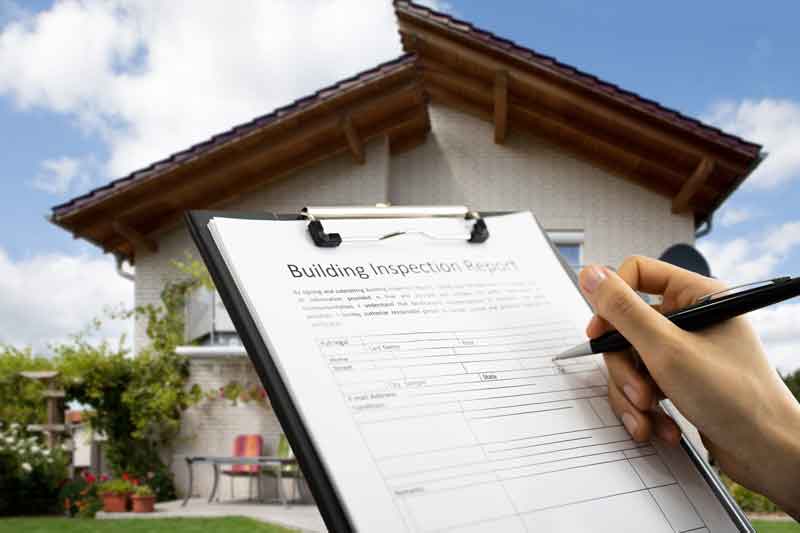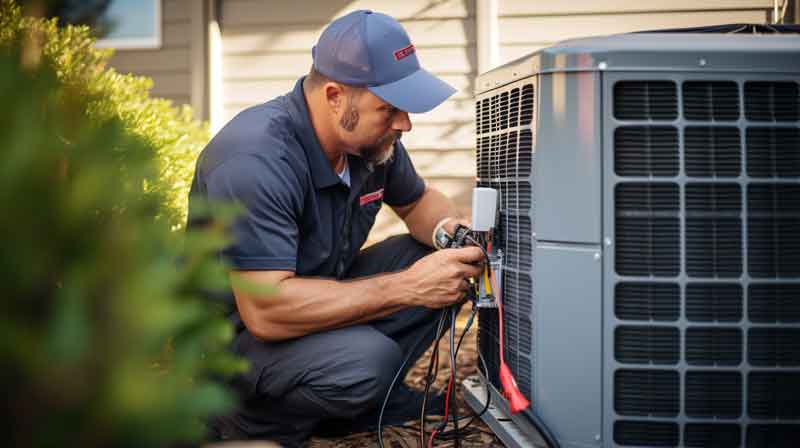Best and Worst Curb Appeal Investments for Home Sellers
Selling your home is a major decision, and naturally, you want to get the best price possible. Improving your curb appeal can help you attract more buyers, sell your home faster and at a higher price. When preparing a home for sale it’s important to exercise caution, set a firm budget and select improvement projects most likely to provide the greatest ROI.
Make a Strong First Impression
First impressions matter. Simple and inexpensive projects provide the greatest ROI because they increase appeal to the broadest range of buyers. Tailor your improvements to your neighborhood. Seek quality over quantity to ensure the greatest return on your investment.
Enhancing your home’s front exterior is the most cost-effective means of attracting more buyers and boosting your home’s value. Real estate professionals recommend focusing on these three projects:
- Landscaping: Trim bushes, mow the lawn, plant flowers, and add mulch to garden beds.
- Entryway: Paint the front door, update the house numbers, and install new lighting fixtures.
- Exterior Cleaning: Power wash the siding, clean windows, and repair any visible damage.
Lowest ROI Curb Appeal Improvements
Avoid major renovations, personalized upgrades or lavish investments. Potential buyers may not share your taste, which reduces the number of potential buyers.
Understand that you are a home-seller, not a professional house-flipper. It’s important to keep this in mind when it comes time to sell your home. While costly upgrades like kitchen remodels, high-end hardscaping or new appliances may increase your sales price, it’s unlikely that you’ll increase your profit.
Keep upgrades simple and tasteful. Think about prioritizing cost-effective improvements that enhance your property’s appearance without reducing profit potential or reducing your potential buyer pool.
Some of the worst investments home sellers make are major upgrades such as:
- Kitchen or bathroom remodel and updates. While a modern kitchens and baths can be a major selling point it’s extremely difficult to gain return on your investment.
- Enhanced energy efficiency. Energy-efficient upgrades sound attractive but it’s almost unheard of for sellers to get higher offers because of it.
- New flooring. New flooring can do wonders to modernize your home and make it feel brand new. Only consider this upgrade if your current floors significantly detract from your potential buyer pool.
Maximizing home Improvement ROI
Investing in these strategic home improvements can significantly boost your property’s market value and make it more appealing to potential buyers. From refreshing your curb appeal to enhancing energy efficiency, each improvement offers a high ROI, ensuring you get the most out of your sale.
Ready to get started? Begin with small, manageable projects and see how they transform your home. Happy selling!














